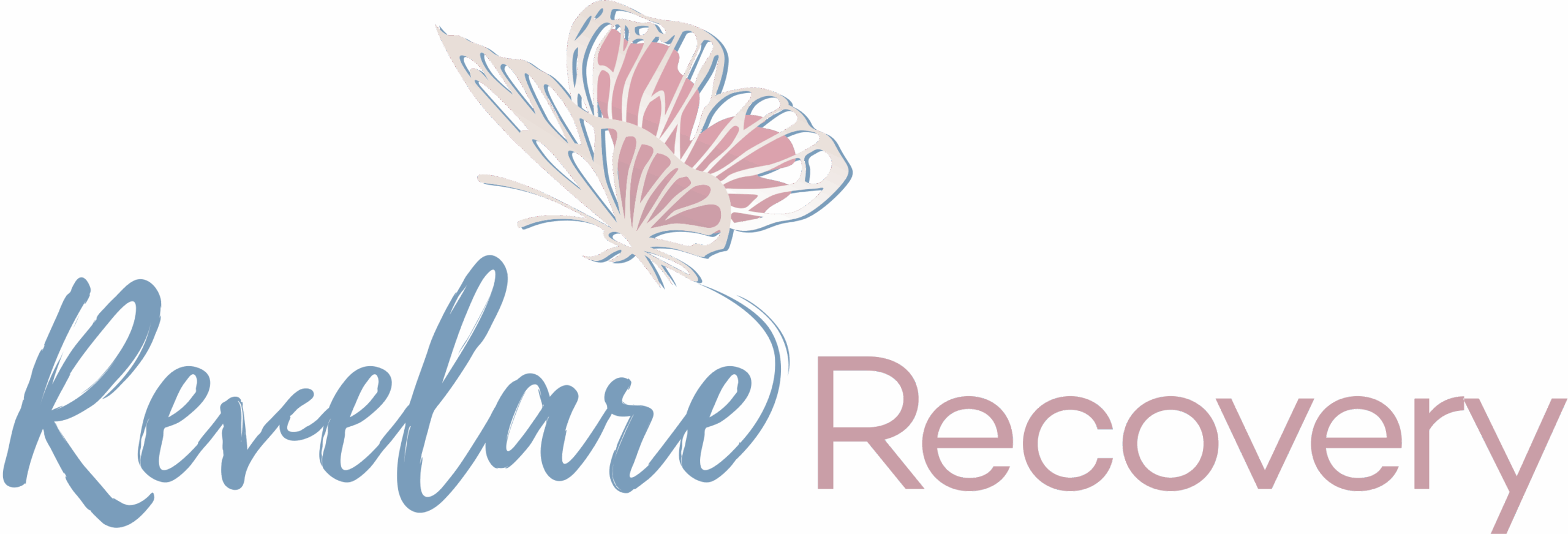Eating disorders are not simply over and beyond an individual’s interaction with foodstuff. These are severe conditions which can impact on every aspect of your life- personal, career, academic, and future aspirations.
When not treated, eating disorders are known to be dangerously devastating. About 20% of women and 8% of men suffer from an eating disorder that starts before the age of 25 in the United States, Which makes about 28.8 million people. Regrettably, over 10,000 deaths are reported each year from the effects of eating disorders meaning that they are the second leading cause of death in the behavioral health disorder category after opioid use disorder.
Understanding the Risk Factors
Eating disorders disproportionately impact certain groups:
- BIPOC consumers are diagnosed or treated half as often as white consumers.
- The study revealed that out of one hundred percent of the college students, the transgender college students had a four times higher prevalence of disordered eating patterns than the transgender college students.
- Eating disorders occur more frequently in women with physical disabilities than in women without disabilities.
These figures should make it important to detect the signs and symptoms at a very early stage. But how do you know if you or a family member or friend are at risk for an eating disorder?
What Defines an Eating Disorder?
The Revelare Recovery for Eating Disorders distinguishes between disordered eating and eating disorders:
Disordered Eating: Anybody who has multiple episodes of dysfunctional dietary behaviors, which are not maladaptive; that is, do not interfere with normal living.
Eating Disorders: Extreme behaviors concerning food and eating that are injurious to health and also disruptive of the normal functioning of life.
In order to explain what an eating disorder is and to better explain whether or not you may have one, it will be helpful to examine the most well-known.
Types of Eating Disorders
Anorexia Nervosa
- This condition refers to almost starvation levels of weight loss achieved through dieting or exercising. It is fueled by an irrational belief of becoming fat despite having a very low body weight.
Bulimia Nervosa
- Bulimia is characterized by the process of eating a large portion of food and then completing the process by vomiting or using laxatives. This is because the people who suffer from bulimia claim that they cannot control over the food they eat.
Binge-Eating Disorder
- Binge eating disorder is defined as the preliminary rapid consumption of a large amount of food until the feeling of the inability to stop is experienced. This behavior can result into feeling of shame and distress.
Other eating disorders include:
- Avoidant/Restrictive Food Intake Disorder (ARFID): Chronic dieting, there by starving the body to a point of getting diseased due to lack of nutrients to be taken.
- Other Specified Feeding and Eating Disorders (OSFED): Other eating disorders not listed above but are recognized as clinically diagnosable.
Signs You May Have an Eating Disorder
Here are some common signs and behaviors to help identify if you might be struggling with an eating disorder:

- Rigid Eating Habits and Rules
Proscribed patterns regarding eating – for example, eating only during a designated time, place or manner of preparation of food – should raise alarm if interferes with normal activities. These include excluding whole categories of food, putting tight portion controls or being rigid about the manner of food preparation.
- Avoiding Social Eating
In this respect, social situations related to food could be stressful, and people avoid group eating or leave the place when the meal is served.
- Disordered Eating
Due to stress, grief or boredom, some behaviors may include restricting food, purging, or eating beyond fullness. These patterns mirror other issues the public has with food.
- Excessive Exercise
Exercise evolves or can become a compensatory behavior where moves are done either to burn calories or to punish the body for having consumed more food. People can become obsessed with the difference between the number of calories that they have eaten, and that they have burned.
- Body Image Obsession
Common features involving eating disorders include a continual preoccupation about perceived body imperfections, or unreasonable pursuit of thinness. These may not be seen by other people while they occupy most of the individual’s attention and consume most of their time.
- Food Hoarding or Hiding
Some people set aside food in order to have ‘safe’ foods to consume or to keep foods that are suspected to trigger adverse effects. This behavior may well be an expression of a need to be in control or the desire to control intake of food out of fear.
- Low Self-Esteem
The Eating disorders can be characterized by inadequacy and lowered self-worth. These emotions often lead to disordered behaviors as manner to try and gain back some of that control.
- Physical Symptoms
- Eating disorders can cause a range of physical symptoms, including:
- Gastrointestinal issues
- Fluctuating weight
- Fatigue
- Weakness and dizziness
- Joint pain
- Dehydration
For sound specific information about various diseases like Anorexia, Bulimia or Binge Eating Disorder and their necessary symptoms, refer to certain sources.
When to Seek Help
But if you find any of these signs relevant to you or your family member, it’s high time to act. Eating disorders are illnesses but these illnesses are not beyond cure.

Now the problem must be addressed: Now you have the problem identified. The key is that with the help of professional support you can have a better idea of how to eat properly, progress through a process of building a new, healthy relationship with food, and take your life back.
Next Steps:
Go to Revelare Recovery to learn more about the available treatment.
Anyway, you are welcome to call our licensed therapist at (888) 341-0244 to choose the way of getting better.
You are not alone. There is the assistance, and there is the chance for a recovery.
